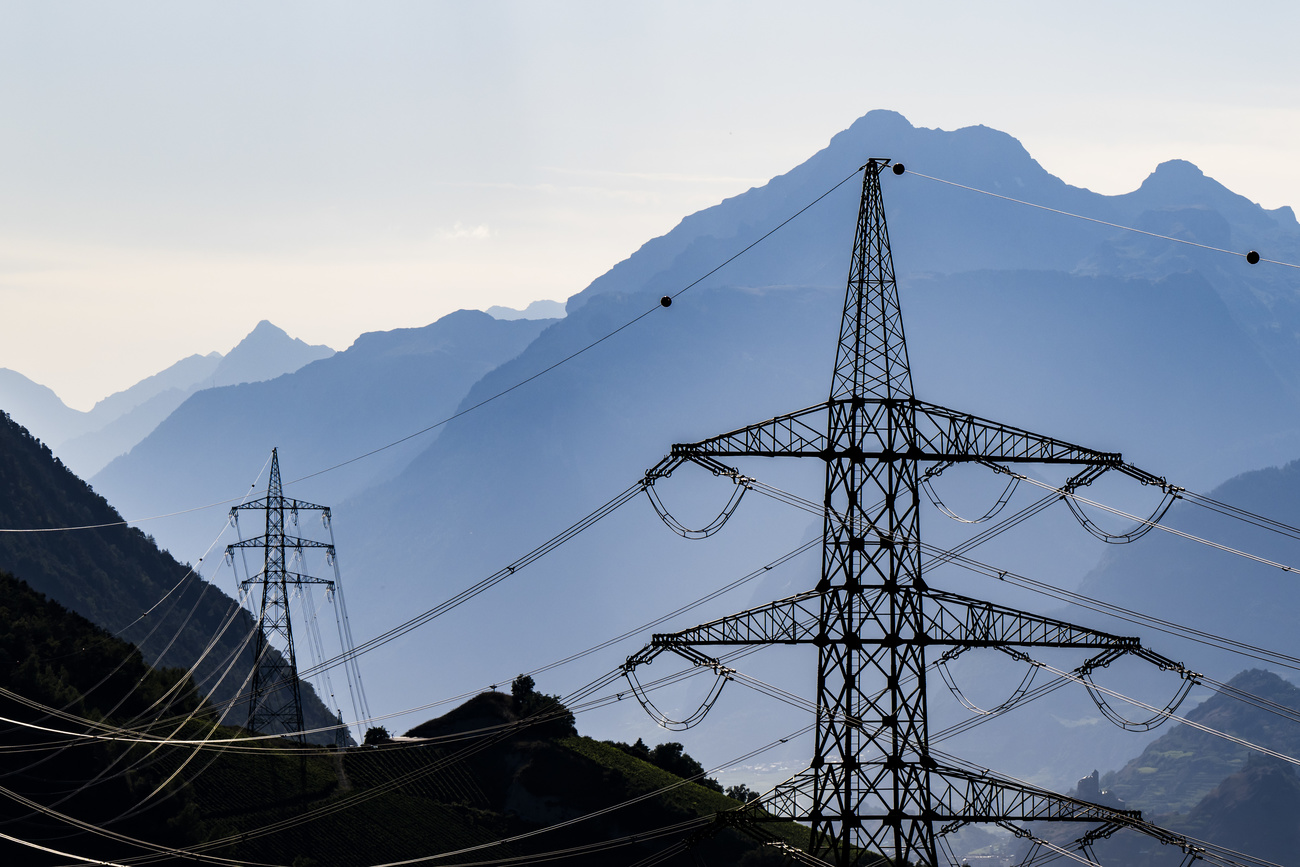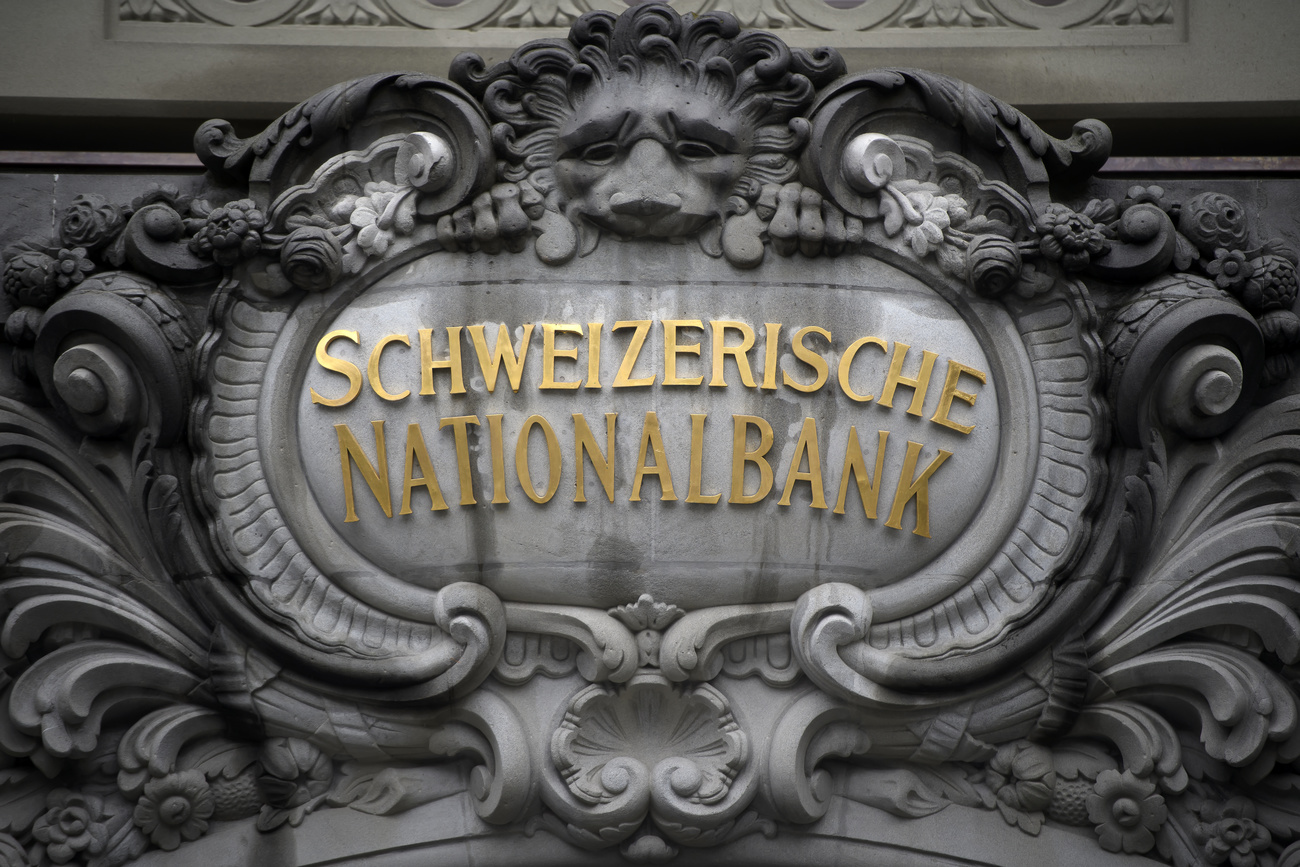
Swiss inflation rate drops to three-year low

In September, inflation weakened to the slowest pace in more than three years, pointing to further monetary easing by the country’s central bank.
Consumer prices rose 0.8% from a year ago in September, Switzerland’s statistics office said on Thursday. That’s much lower than the 1% median estimate in a Bloomberg survey and compares with 1.1% in August.
Costs for holidays and air travel fell, as did prices for gasoline, heating oil and diesel, offsetting higher charges for clothing and footwear, according to a statement. The core reading – excluding fresh and seasonal products as well as energy – also retreated and is now at 1%.
Like the euro area surrounding it, Switzerland is in a cycle of rate reductions and disinflation. The Swiss National Bank (SNB) lowered borrowing costs for a third time last week, with the central bank’s new president, Martin Schlegel, saying that more cuts look “likely”.

More
Swiss central bank cuts interest rate by 0.25%
In a speech on Tuesday, he highlighted that Swiss consumer-price growth currently is driven exclusively by services, while goods costs are dropping. About half of the remaining inflation is due to rents, he said.
Further downward pressures come from electricity charges, which are set to drop some 12% in January. In Switzerland, changes to consumers’ power bills are only allowed once a year and are regulated by a government agency.
+ Get the most important news from Switzerland in your inbox
Lower SNB borrowing costs are also expected to reduce a key reference rate for rents, which will likely see housing costs drop from around mid-2025. Meanwhile, wage increases have stabilised below the upper end of the central bank’s 0-2% target for inflation.
Still, Swiss households are facing price pressures that aren’t captured in the official inflation measure. Health insurance premiums are set to rise by 6% next year, but aren’t part of the gauge, which only includes doctors’ bills and other actual costs.
The country has one of Europe’s lowest rates of consumer-price growth. Data from the euro area showed inflation there dropped below 2% for the first time since 2021, but still came in at 1.8%. Based on the European Union’s harmonised measure, the Swiss saw an advance of 0.9% in the period.

In compliance with the JTI standards
More: SWI swissinfo.ch certified by the Journalism Trust Initiative





























You can find an overview of ongoing debates with our journalists here . Please join us!
If you want to start a conversation about a topic raised in this article or want to report factual errors, email us at english@swissinfo.ch.